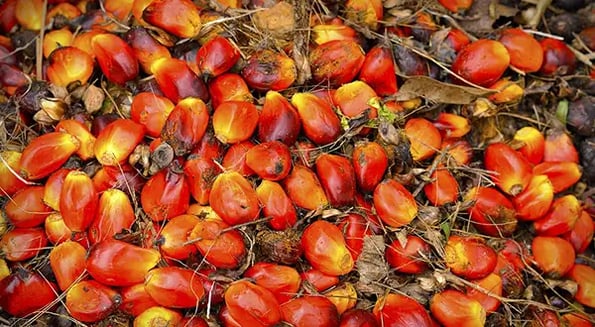Palm oil, an ingredient found in many household goods, has been linked to forest fires in Indonesia, Quartz reports.

It’s all a matter of supply and demand
Palm oil is used to make everything from soap and toothpaste to baby formula and snack foods.
Last year, Indonesia produced 56% of the world’s supply. Demand is so high that palm oil producers are setting fires in the country’s tropical forests to clear land for plantations.
Though deforestation is not new — or limited to Indonesia, as illustrated by Brazil’s slash-and-burn in the Amazon — it’s ramped up in recent years. And it’s estimated 80% of Indonesian forest fires are set by oil palm growers.
The environmental impact is huge… and there’s no easy fix
Smoke from fires has been thick enough to sicken hundreds of thousands and close airports. And because deforestation leads to drier climates, this year’s fires are harder to control. Meanwhile, Indonesia’s forests are home to 10% of the world’s animal species, which now face habitat loss.
Mega corporations like Nestle, Mars, PepsiCo and Unilever have pledged to purchase palm oil from sustainable sources, but reports show they haven’t been able to establish a fire-free supply chain.
Although the Indonesian government has vowed to pursue criminal charges against palm oil companies linked to this form of land-clearing, it’s still fiercely protective of the palm oil industry. In March, Indonesia threatened to pull out of the Paris Agreement when the European Commission passed a measure to ban palm oil-based biofuels by 2030.

